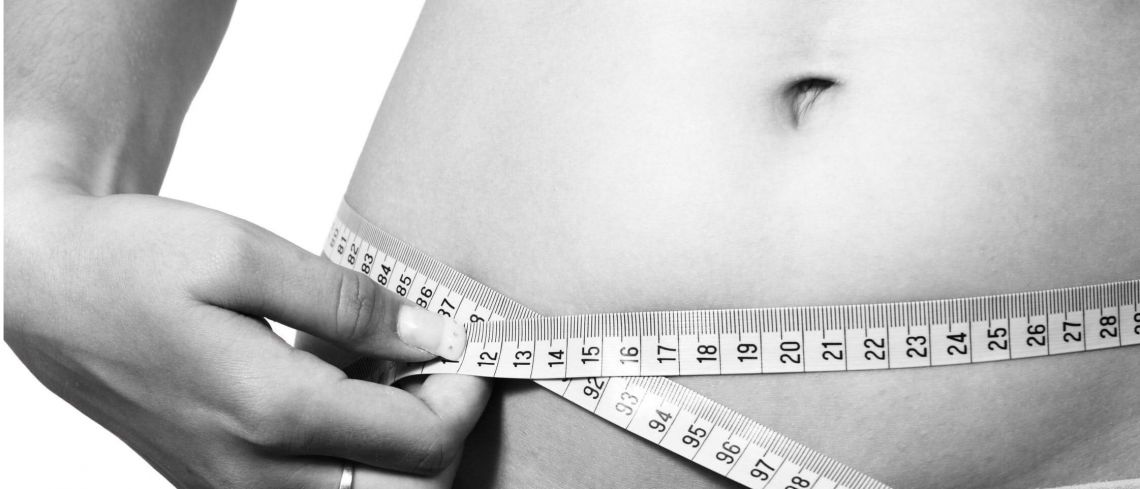
Deborah Sandler tells us why counselling is now an essential part of any cosmetic treatment
If we believe every promise we read online about the 'perfect results' and 'psychological benefits' of cosmetic treatments, what a mess our minds will be.
The media makes it difficult for us to engage with ourselves long enough to hear our own thoughts clearly. The images we are sold may be an 'ideal image of beauty', but is it realistic for all of us to be tall, blonde, skinny and female?
Recent government recommendations have attempted to rein in this type of advertising, with stricter guidelines on the ways in which cosmetic procedures and products can be advertised. Unfortunately, the temptation to put profits before patients remains a threat to patient safety.
Confidence, we remind ourselves, comes from within and, if we're content on the inside, the world will accept us as we are on the outside. Does this still hold true?
Learning to 'let go' of appearance pressure does not mean that you walk around unwashed and somewhat slightly dazed. On the contrary, understanding and accepting what is the best for you, as the unique individual you are, is a powerful way to approach beauty. We are all beautiful in different ways and that individual beauty shines through differently for all of us.
We are deluged by celebrity treatments, TV makeovers and social media posts and tweets against a backdrop of easier accessibility, affordability and an increasingly desperate generation of people who remain poorly informed of the risks some treatments carry.
Choosing the right practitioner means having the right conversation with the right person at the right time.
CosmeticSupport and Cosmetic Surgery Counselling helps guide potential patients and clients to their own choices and decisions by unravelling the confusion between advertising and reality. Becoming a well-informed patient, with realistic expectations, is a powerful way to approach treatment outcomes.
Deborah Sandler is a member of British Association for Counselling & Psychotherapy (MBACP) and has undergone a number of cosmetic treatments herself in the past.
So acutely aware was she that the lines between marketing and impartial information are blurred that she set up the cosmetic surgery counselling service to provide independent patient support services before and after any cosmetic surgery procedure.
Deborah says that patients must recognise the difference between marketing and independent support if they are to become truly informed.
She was on the Expert Reference Group for Health Education England tasked to create new Qualification Recommendations for non-surgical aesthetic practitioners and hopes that the new qualification recommendations, recently published by the Health Education England, will bring patients and practitioners into better alignment.
Psychology is now firmly in the educational pathway of aesthetic practitioners from non-surgical to surgical.
By placing psychology in a central modality in the educational framework, practitioners will be able to offer referral pathways for their patients to help ensure they are well informed with realistic expectations before and after their procedures.
Engaging with psychology will create a better understanding of the patient-practitioner relationship, which is often the bedrock of repeat custom in the non-surgical cosmetic practice.
Deborah believes there is so much more to gain from psychology in the aesthetic practice than screening tools.
She says: 'Body dysmorphic disorder and anorexia can be confused with one another which is another reason to include psychology and NICE Guidelines in the new aesthetic practitioner qualification recommendations.
Even Mattel, the American toy company that makes Barbie, recently launched a new range of Barbie dolls with diverse body types, including different skin tones, hair colours and a range of sizes including tall, petite and curvy dolls.
Body positive initiatives are also now careful to include men because they too can struggle with what constitutes masculinity.
We are as much inundated with images in the media of the super-toned muscular torso, the chiselled chin and straight white smile as we are fed a skewed modern-day view of the 'perfect' female body image.
As a consequence, men also need to understand the psychology of their desire to change the parts of their anatomy with which they're unhappy.A study in the Body Image journal recently discovered that the amount of women disliking their bodies is around the same as the amount of men who feel the same about theirs, with around 6% of men and 9% of women reporting they were very to extremely dissatisfied with their looks.
Deboraha's counselling service is only too aware of this 'missing link' and she offers tailored independent support to anyone considering a cosmetic treatment. This service is also available to friends and families who would like to support their loved ones when undergoing cosmetic surgery better.
If you want to talk through you surgery before you embark on the journey or even if you have already undergone cosmetic treatment, Deborah is happy to talk.
As she says, at the end of the day, it is important for mind and body to be in harmony when considering and embarking any cosmetic surgery, whatever it is you're looking to change.
References
https://www.sciencedaily.com/releases/2016/05/160511143816.htm
http://www.sciencedirect.com/science/article/pii/S1740144516301498
Deborah Sandler, (MBACP), is a psychotherapist founder of Cosmetic Surgery Counselling Services and co-founder of CosmeticSupport.com, offering independent support to pre- and post-treatment patients.
You can join #TweetTheTherapist every Monday evening from 8.00pm-9.00pm UK time. For more information, visit www.cosmeticsupport.com.

